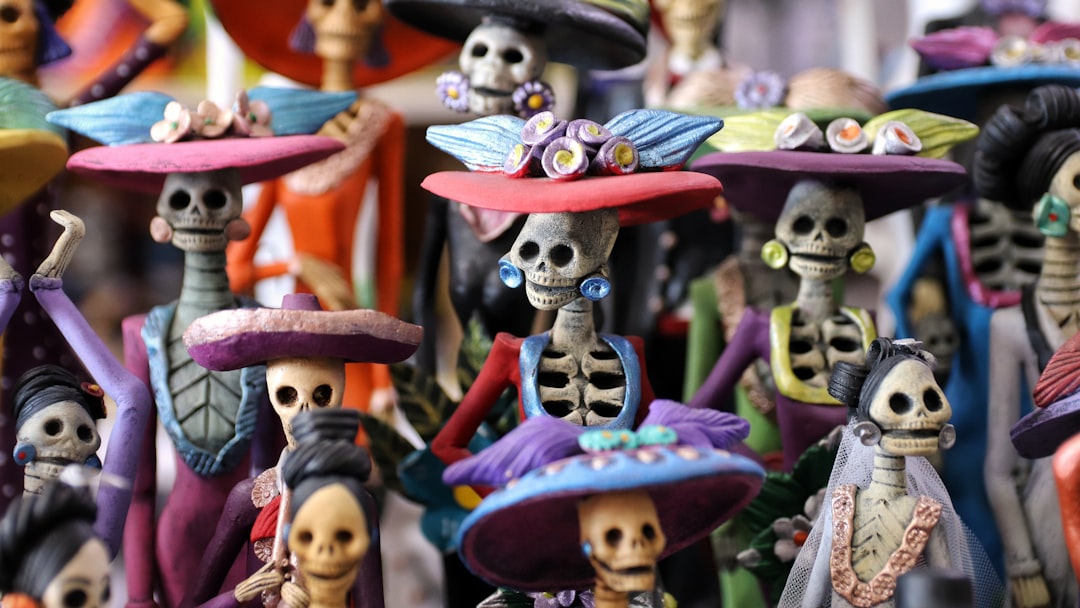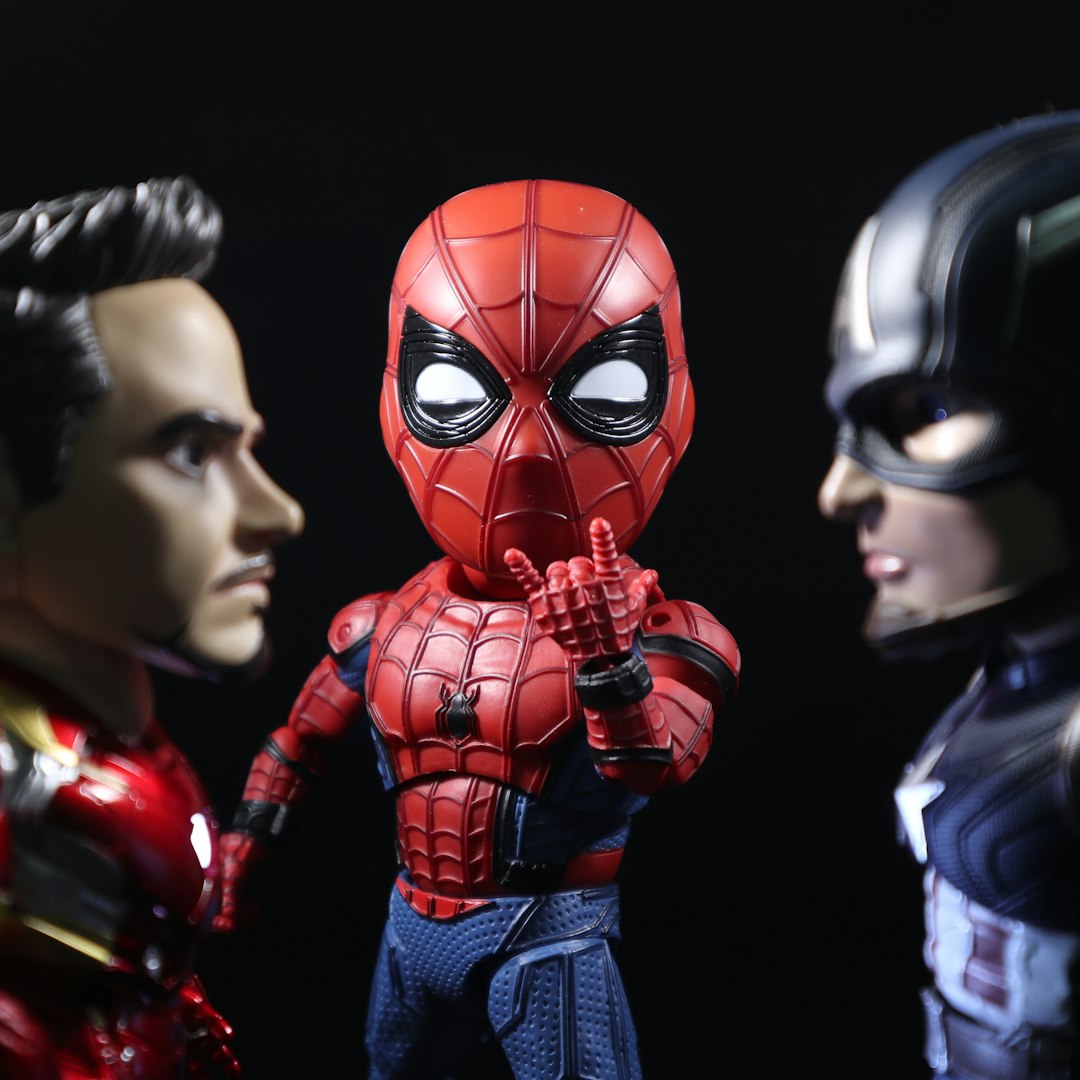Speaking about death with my son
My oldest son has been coming back to the topic of death over the last few months, as we have walked and played and shared meals together. I can only tell him the little truth that I know.
— Nacho…
— Yes?
— Am I going to die in Argentina or in Greece ?
— I don’t know… why?
— I want to die in Argentina. Can I?
— Well, I don’t know, it could happen in any country. I just hope it won’t happen for a very long time!
— I want to die in Argentina.
— Why?
— Because I like Argentina.
The talk I had with Lorenzo last week was in gentle tones. It’s something I am not used to with my oldest son, who at four, is usually loud, effusive and extremely expressive when we talk.
Lorenzo was speaking calmly, and he was clearly still digesting his thoughts. This was while he was playing alone, in those (glorious) moments in which he goes into a ludic tunnel, when it feels like he disappears into himself.
He was sitting on the edge of a small plastic pool, painting a brick patio, using up what was left of globs of paint that my brother had left hanging off a roller in a bucket, after redecorating his bathroom. We were at his home in Argentina.
Lorenzo was silently painting. He had spent more than half an hour playing alone. It had been a good while since we had spoken. We were engrossed in the birdsong around us. And then he broke the silence by asking if he was going to die in Argentina.
When Lorenzo becomes fully immersed playing by himself, I make a supreme effort to try not to break the spell. It’s as if we are all alone, although we are together in the same place.
So I take advantage to do something else — like jot this down. I observe my child and try to imagine what’s going on in his little blonde head, the symphony of images which must be whirring in sequence. I ask myself, what is he thinking?
Sometimes I try to imagine it, especially when he is murmuring as he plays and launches a bit of plastic to fly across the space: “Nooo, nooo, I’m falling!!! I am Hulk! I am going to save youuuu”.
I find the sheer number of stories which whip through my son’s head intriguing. I think that on some level I want to be his Hulk, though I know it is impossible.
I suppose this is the beginning of something which is as inevitable as it is healthy: that slowly, he is starting to deploy his own interior world which is ever sharper and complex, and which I’ll be mooring further and further away from. If I am lucky, I’ll be invited to share in some of the episodes of his own world, which he alone will be deciding I can be a part of.
We were walking to a friend’s cafe in Buenos Aires, and suddenly Lorenzo came out with one of these thoughts which slice through the air like arrows, an expression of his electric brain.
Out of nowhere, as we were strolling the streets in silence, he said: “When I grow up I am going to live in Argentina and I will come and visit you in Greece.” He said this calmly too, considering both countries with affection. It’s as if he realized — or was beginning to consider the truth of it — that no matter where we are, there will always be moments where we feel like a bit of the jigsaw is missing.
Maybe I also am imagining it like this. Or maybe it’s just a projection of mine. We’ll see what happens when we return to Greece.

…
Lorenzo’s idea about dying in Argentina was not his first reference to death. It’s a theme which we have spoken about many times, and which ultimately has been becoming stronger, which also makes sense considering his age.
Just a few hours ago, we were having breakfast — I had toasted him some bread in a frying pan, and added to it from our pot of honey — and Lorenzo, from his big boy’s chair at the top of the table, said: “Nacho, I want you to die…. Nooooo! I am only joking, it was just a joke.”
That he had joked about my dying seemed like something positive to me, like an exercise in confronting the inevitable.
In our household, we don’t try and dodge themes like death. If it comes up, we try and talk about it in a very honest way, without going around the houses too much. I think it’s our way of meeting Lorenzo in his curiosity, and also a way of not creating unnecessary taboos around a topic by being abstract or complex. For example, we never say things like someone “went on a trip” when referring to someone who has died.
Over dinner once, Irene was telling Lorenzo that his grandparents were her parents. So, he asked about my parents. They’re your grandparents too, I said. Lorenzo announced that he wanted to meet them, and asked if they lived in Argentina. So I told Lorenzo that they were dead. Why wouldn’t I tell him?
Death is not only inevitable and universal, but it is also how we can see the possibility of a life. We can get sad, we can hurt, we can be scared, but distancing it from ourselves can end up being something which is even heavier than it needs to be.

Lorenzo knows that my parents — his Argentine abuelos — died many years ago. I’ve told him about it here and there, when we come to the topic naturally, such as a few weeks ago, when we went to visit my childhood home in San Isidro, north of Buenos Aires. It is in front of the railroad tracks, on a small, leafy street where we used to play soccer. There used to be hardly any traffic when I was growing up, but now a lot of cars pass by because of a new underpass that was built. The outside used to be yellow, but now it is gray.
— I want to go in, said Lorenzo.
— We can’t, it’s not ours anymore.
— I want to meet your parents.
— But they’re not there anymore.
— Why did they die? Was there blood?
Death and blood go hand in hand in Lorenzo’s mind. He repeats this question whenever we speak about death or if someone passes away. “Was there blood when Maradona died?” he asked me once, when I was showing him a video of the soccer legend Diego playing for Napoli.
…
The saddest Lorenzo ever felt about death was two months ago, when I went to Naples alone for a few days. In the exact same week that I wasn’t at home, he watched The Lion King — and the death of King Musafa was too much for him.
Like Simba, Lorenzo was overcome with anguish. “And who is Simba going to sleep with if his father is dead?” he asked, with tears in his eyes.
Since the day he stopped breastfeeding, two years ago, Lorenzo goes to sleep next to me almost every night. The moment to read a story together and climb into bed to see the day off has been happening with me for more than half of his life now.
…
Some days ago Lorenzo brought up the topic of death again from a different perspective. We were walking in a leafy neighborhood, heading to take the train in Acassuso station, in the northern suburbs off Buenos Aires. We’d been in Argentina for three weeks already, where Lorenzo has discovered his huge network of cousins, uncles and aunts and friends. We were ambling along quietly.
I always try not to speak when Lorenzo is quiet. It’s a breather for both of us, usually. And I know these silences are never very prolonged. These are silences respecting a kind of verbal quiet, because our heads are always full; at most we are breathing still, chewing on what to say next. And then Lorenzo said:
— Nacho, it’s okay if you die.
— How come?
— I don’t want you to die, but if you die, it’s okay.
— OK.
— It’s okay because I have León, mamá, all of my cousins, my uncles, my aunts… I won’t be alone.
He’s right, and it’s quite something that he knows he is not alone at the age of four.
…
Death also rears its head when Lorenzo gets upset: “I am going to kill you,” he sometimes says, for example when I do not let him do something or decline to give him something that he wants. I tell him then that he is making me sad, but nevertheless, I won’t change my mind about him despite his threat.
Sometimes, he changes the story: “I am going to throw you over that tree. And I am going to go with you”. He relaxes, seems to be having fun, and we play. Of course, when it all works out well.
I have read that children of Lorenzo’s age do not understand death as a definitive fact, but they see it as something reversible, a temporary state.
This mistaken idea is probably reinforced by the likes of Superman, Spiderman, Hulk, and other superheroes who survive everything. Or when we see a cartoon of a character plastered over the floor, but who neither seems to die nor come back to life.
…
One morning in November, I was drinking mate (my traditional South American herbal drink) and listening to Jorge Cafrune, one of the most popular and outspoken Argentine folklorist singer-songwriters. “Your abuelo Edgar used to listen to this music,” I told Lorenzo.
And though Lorenzo knows it already, he asked me again if my old man was dead. And then he asked: “Are we all going to die? Will mamá die too? And you? And me? And bebé (as he calls his little brother León)?” I answered: yes, but I hoped not for a very, very long time, and that Irene and I were always going to do the utmost to make sure nothing ever happened to anyone.
We carried on to the playground. It was only when we got back home that I realized this was not just any day in November: it was my father’s birthday.
It’s one of those coincidences in life which makes me think that there’s something in the air; why else would I play Cafrune’s music on that singular day, especially when it’s not something I usually listen to?
….
We’re finally at the stage where we’re bringing the last of our belongings back to Europe. As I went through some boxes which I had left in Buenos Aires, I found a double-sided book: the two stories in the edition were: The Mother and Death (“La madre y la muerte”) by Agentinian writer Alberto Laiseca, and The Departure (“La partida”), by Mexico’s Alberto Chimal.
It reminded me of when I interviewed (in Spanish) the book’s Argentine illustrator, Nicolás Arispe. I went back to the interview and was struck by some of his comments:
I asked him if it is sometimes taboo to speak about death with children.
“I think so, but that was also what was interesting to us about making this book. It was about presenting kids with a topic which it is good to talk about. Death exists, and they shouldn’t be so removed from the fact”.
“People might worry that their kids have to confront death. Speaking to them about it should be the most normal thing in the world. It’s the only way to survive it”.
…
That’s me for today.
Thanks for joining me on this ride, and — as always — for reading, commenting, sending me emails and sharing this newsletter with others.
See you in your inboxes in two weeks, as always.
I hope you’re all doing good.
Hugs,
Nacho
…
🙏 Many thanks to Worldcrunch for translating and editing this newsletter.




Nunca hay un buen momento para una mala noticia! Buena recomendación para hablar siempre con la verdad!
Excelentes palabras Nacho!
Saludos!